Ask Ethan # 47: Should science and religion be in conflict?
And if not, how to negotiate with those who believe that they should?
Ignorance is not such a rarity, Miss Davar. The longer I live, the more I tend to think that this is a natural state of consciousness. Many will fight for her immunity, and then expect admiration from you for their attempts.
- Brandon Sanderson
For all the time blogging with the answers to your questions, I did not refuse to talk on any topic related to science, but I have never received a question, or rather, did not raise a topic similar to the one that was raised in a letter from my reader I cite further:
In my youth, I was inclined towards creationism and the theory of the young Earth. Gradually, I moved on to the adoption of evolutionary biology. I learned that truth, derived from different areas of knowledge, can exist without conflict. And if there is a conflict, it means that we are missing something.
Here I have shortened the reader’s letter, but included the last remark in it. Perhaps I open the Pandora’s box, and this topic may offend many of you, but as they say: he who does not risk, does not drink champagne. Let's get started.
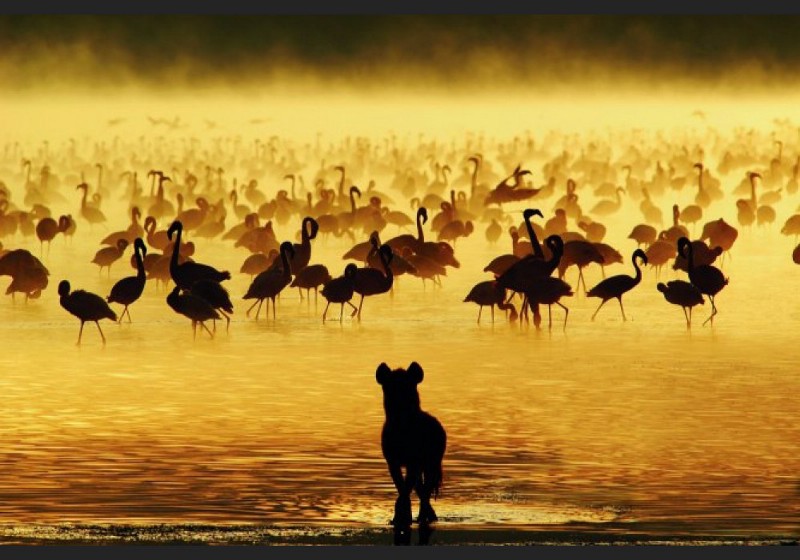
Entering this world, we meet with a huge number of new incentives - the whole Universe of experience. And of course, everyone who was once children will confirm that this impact leads to endless questions. “What is this?”, “Why?”, “Why?”, And so on. And even the most educated of us are quite quickly driven into a dead end, where there are no definite answers known to us.
')
How to get out of this situation?
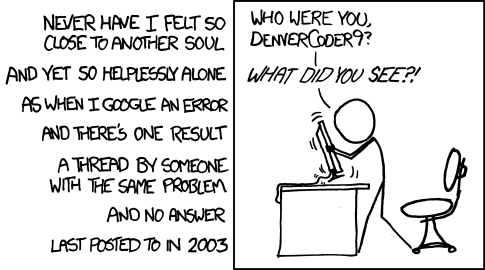
Do you refer to someone or something that is your authority, and do you follow his advice? Are you looking for all the possibilities, evaluating their possible complex consequences, and choosing one option from them? Or maybe you are looking for a way to test different ideas, and let the evidence determine where the truth is hidden?
At different points in life, we all use one of these approaches - for historical reasons, for accuracy and caution, or for personal reasons, or for rationality. But this does not mean that conflicts must necessarily appear.
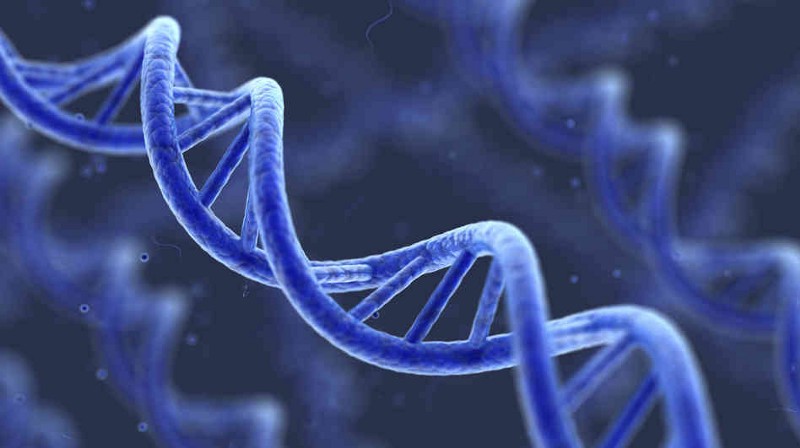
Take evolution. More precisely, the DNA encoding the genetic makeup of the organism. For thousands of years we have been able to study plants, animals, and fungi, find out what they are similar to, how they differ only on a macroscopic level - but we could not find out why this is happening. We did not have the knowledge to understand which life forms are close to each other, whether life had one source, or microscopic mechanisms that control organisms, are unique. Answers to these questions appear in the process of scientific research: you study, collect information, give rise to ideas that can be tested - and test them. As a result, your knowledge grows.
We now know that the genetic code is fundamental to living organisms, even sprouting from a single cell, defining who they will become. Changes in the DNA during a change of generations allow organisms to change and acquire differences, and the pressure of a limited and changeable environment leads to the fact that some organisms survive and thrive, while others are eliminated.
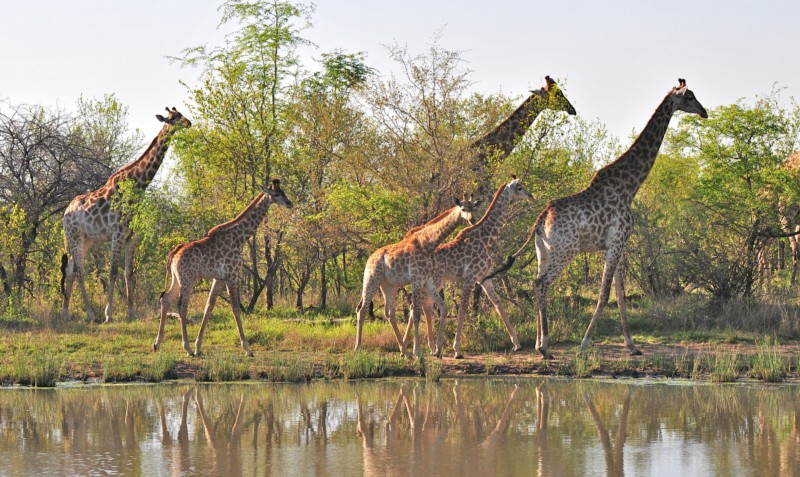
I did not conduct this study - it does not belong to someone personally. Scientific knowledge is accumulated from person to person, from observation to observation, from experiment to experiment, and from generation to generation. Science is both an additive process of data collection, and at the same time a collection of this data. The most successful scientific theories explain a wide range of phenomena with a minimal set of parameters and assumptions. They have the highest predictive and explanatory abilities, as well as a wide range of applicability.
And scientific facts, that is, that we can learn about the matter and energy around us, asking them questions about ourselves are those facts that are accessible to everyone.
If you made the discovery yourself - even if you are the last on the planet who have learned about it - you will remember it all your life.
- Karl Sagan
But the possibilities of science are not limitless. She is never 100% sure in the conclusions, there is always a place for doubts, improvements and corrections. Although people constantly predict that science is about to reveal everything, it always leads us to deeper and more fundamental questions, and, in the end, to deeper facts about the Universe. Most likely, our current scientific knowledge will seem only approximation in a hundred years.
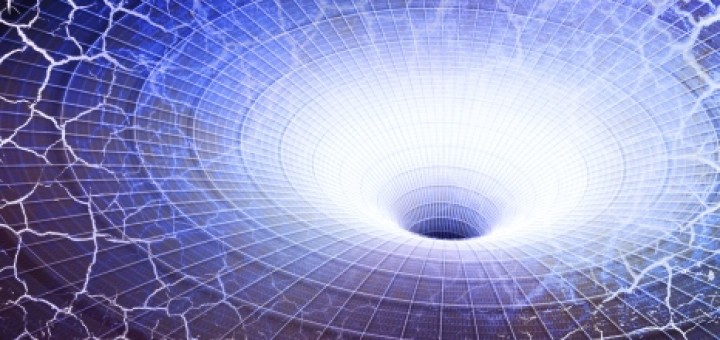
Newtonian gravity is just an approximation to Einstein GR, and the quantum theory of gravity is likely to be the successor of GR on the smallest and largest scales. The idea that any matter can be disassembled into invisible particles was put upside down when quantum mechanics showed that these particles do not always behave like particles, and since then quantum mechanics has been replaced by more powerful quantum field theory. And no one believes that this knowledge is final.
We learn more by asking more questions, and considering our best answers based on the knowledge gained. This is what is meant when they say that science is both a process and an accumulated knowledge base.
I am not obliged to believe that the very God who endowed us with feelings, intelligence, and intellect was intended to forbid us to use them.
- Galileo Galilei
And whether you are an atheist, a deist, or a theist, the physical universe is one for us all, and we can all share the joys, wonders, and benefits of the knowledge that science brings to us.
This does not necessarily cancel our history, culture and faith. I am sure that most of you do not share my belief about the origin of the Universe, but we can agree that by continuing to learn the basic rules of the Universe, we can come to a better understanding of the facts underlying our existence.

Regarding morality, what is right or wrong, how we behave and treat each other - we can agree that it is worth it to spend time on it yourself, and this is what we need to develop within ourselves. If you cultivate it through family, religion, community, atheism, yoga, meditation - I think you are doing it right.
In any case, I want to thank you for your openness, for evaluating opinions that are different from yours, as having the right to life and value not less than yours. I hope that we can all share the value of science for all of us.
And now I will share with you the reader’s letter in full:
I just wanted to express my appreciation for your blog. Recently, I began to read it on Medium, and after several articles I realized that you had time to change my understanding of the universe.
In my youth, I was inclined towards creationism and the theory of the young Earth - ideas that still exist only because someone is too much offended by evolutionary philosophy, which implies that if evolution is, then there is no God. Gradually, I moved on to the adoption of evolutionary biology, especially after the adoption of Catholicism by me - then I learned that the truth, derived from different areas of knowledge, can exist without a conflict. And if there is a conflict, it means that we are missing something.
Reading your blog, I finally allowed myself to accept the theory of evolution, because you:
a) very well explain complex concepts in simple words
b) you talk about the Universe in such a way that there are always opportunities for different philosophical opinions, and thus do not attack religious ideas
A great example is your article for creationists, which, although it criticizes their performances, does so with respect and in a friendly way. You focus on how science makes things more beautiful - and beauty is the best way to reach the senses.
I also doubted the statements about the reality of global warming due to the association of this topic with dirty politics, but after reading your article on this topic, I moved to the camp of "believers." Although politicians still do not trust.
So thank you!
Source: https://habr.com/ru/post/394417/
All Articles